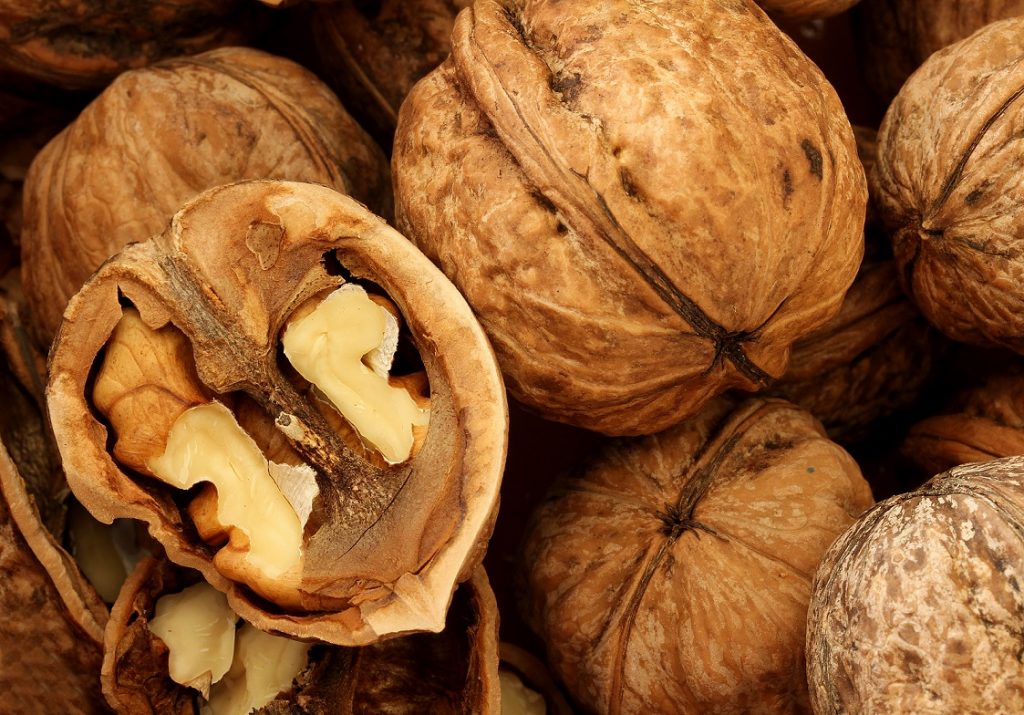Chilean walnut industry takes collateral damage from U.S.-India trade spat

The Chilean walnut industry has been inadvertently caught up in a trade spat between India and the U.S., with shippers from the South American country now subject to a significantly higher tariff for one of their key markets. 
The Indian Government recently decided to increase import duties for walnuts from 30% to 100%, in retaliation for the U.S. implementing tariffs on steel and aluminum imports.
However, Nicholás Di Cosmo, president of industry association ChileNut, said that the product code published by India referred to all walnuts, regardless of origin.
He said that Chile would be hit heavily by this measure, which is currently in effect. The South American country has a 2,500 metric-ton (MT) shipment current in transit to India, which will be subject to a 100% tariff rate on entry into the market, he said.
"Due to the time of year that this action was taken, we will be the most affected because we are currently loading shipments to India, while the U.S. is counter-seasonal to us and will not export until October," he said.
India is an attractive destination for Chilean walnuts, according to Di Cosmo, who said the consumption levels in the market are highest in October when Chile is the main supplier.
"India is a market that has been growing at great rates, as three years ago we had to export under a methyl bromide fumigation protocol but thanks to the work of SAG [the Agricultural and Livestock Service], the Chilean Government and ChileNut, this was changed to phosphine [in August 2016] and as a result the volume shipped from Chile increased," he said.
Export volumes from Chile to India have risen from 91MT in 2015-16 to 7,800MT last season, he said.
Di Cosmo explained the industry had expected to send 15,000MT to India this season, but this was now looking unlikely. So far a total of 5,000MT has been shipped, of which half is still in transit and will be subject to the full tariff rate.
"Probably with the tariff increase the local price is going to increase, and so consumption of Chilean walnuts is going to decrease and it's possible that we won't ship the 10,000MT remaining that we had hoped to ship," he said.
He said it was likely those remaining volumes would be sent to other markets, but at lower prices than what Chile would have fetched in the Indian market.
India has also said it will increase tariffs on U.S. apple imports by 30%, bringing the total rate up to 80%.












































